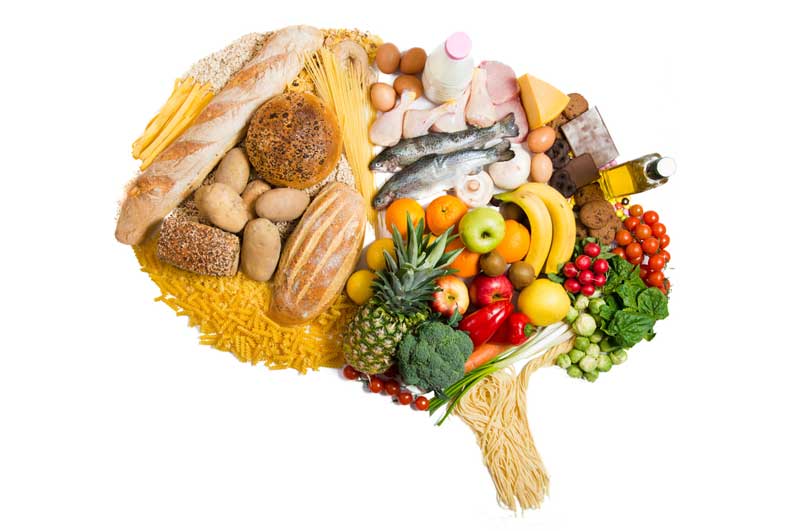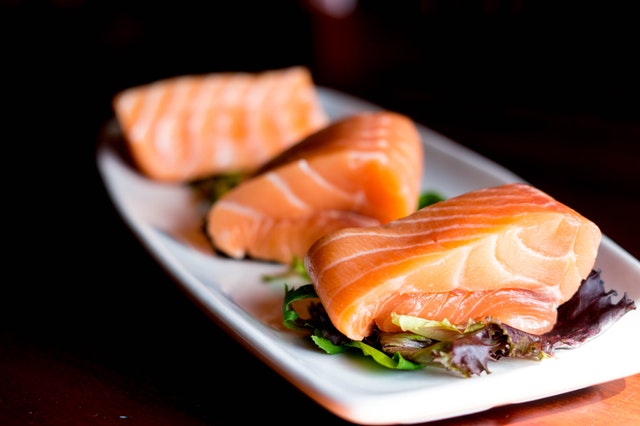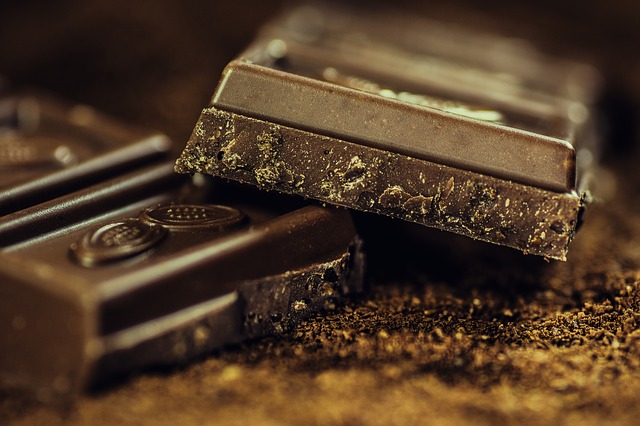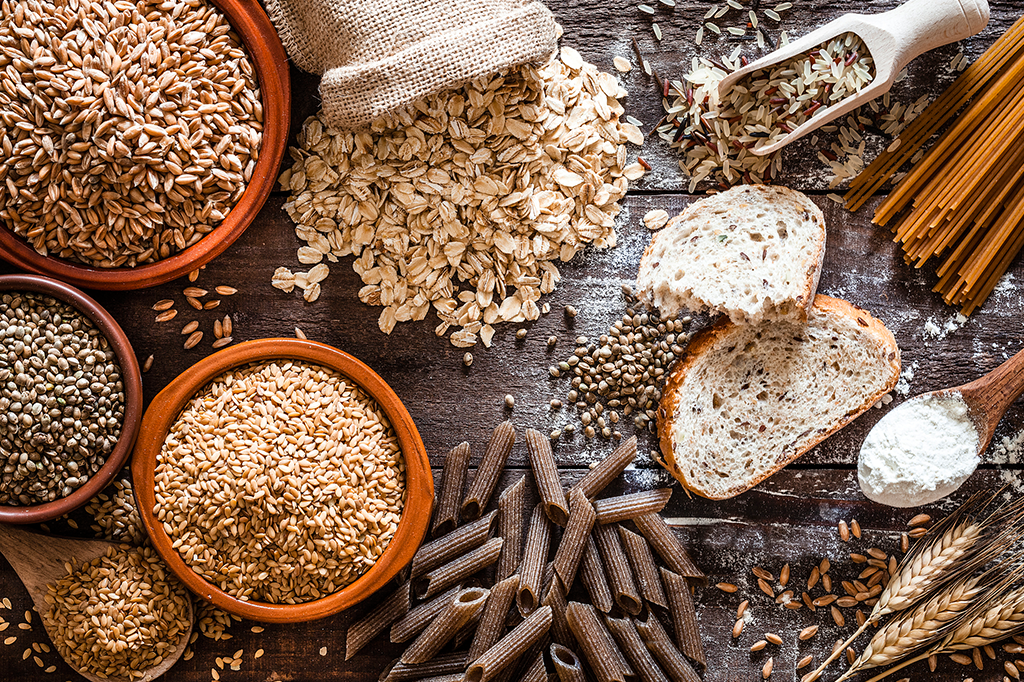Eat These Foods Now for a Sharper Brain Later
January 8 2018Eat to stay sharper, right this minute and for years down the road.

Brighten Up Your Plate
Colorful vegetables and fruits—such as leafy greens, peppers, beets, and berries—are high in carotenoids and anthocyanins, antioxidant pigments that provide their bright hues. “Antioxidants protect brain cell linings from the damage caused by free radicals, which are harmful molecules that cause inflammation and result from factors like a poor diet or smoking,” explains Janis Jibrin, RD, adjunct professor of nutrition at American University in Washington, D.C.
Greens (and beans) also deliver folate, which helps produce neurotransmitters, chemical messengers in the brain that are critical to thinking and mood.
Go Fish
Omega-3 fatty acids—DHA in particular—contribute to a healthy brain. “The brain’s membranes use these fats to improve cellular structure and brain signaling, which translates into better cognitive function,” says Vasanti Malik, ScD, a research scientist in the Department of Nutrition at the Harvard T.H. Chan School of Public Health. DHA also quells chronic inflammation that can harm brain cells and lead to cognitive decline.
Fish is the top source: Eating fatty fish (like salmon, sardines, mackerel, or trout) once a week can help slow cognitive decline and reduce Alzheimer’s risk, research suggests. You can also get omega-3s from walnuts, chia seeds, flaxseed, and hempseed.
Get Your Chocolate Fix
Cacao contains powerful flavonols, compounds that act as antioxidants and help preserve the brain’s stem cells. “Stem cells produce new brain cells,” says Dennis Steindler, PhD, director of the Neuroscience and Aging Lab at the Jean Mayer USDA Human Nutrition Research Center on Aging at Tufts University, “and chronic inflammation or the beginnings of disease can damage these reparative cells and the other at-risk brain cells used for standard operating procedures, like memory and thinking.” Flavonols have also been shown to support the hippocampus, a part of the brain involved in memory and mood, notes Steindler. Stick to a square or two of dark chocolate daily.
Fuel Up with Whole Grains
The brain’s preferred fuel is glucose, which comes most readily from carbs. Without ample glucose, you may struggle with brain fog and difficulty focusing. While you want to avoid refined carbs, whole grains contain fiber and help keep your blood sugar on an even keel. (Sharp rises and falls in blood sugar can impair your cells’ ability to uptake glucose because of insulin resistance, explains Malik.)
Catch a Buzz
If you’re a coffee or tea drinker, keep sipping: Caffeine may help protect against age-related cognitive decline. “Studies have indicated that caffeine—for example, roughly 500 milligrams daily, the equivalent of about five cups of coffee—may help stave off memory issues in humans,” says Bruce Citron, PhD, a neuroscientist at Bay Pines VA Healthcare System and the USF Morsani College of Medicine in Florida. (Experts warn against taking caffeine supplements, which flood your body with a lot of caffeine all at once.)
Sourced from Health.com




